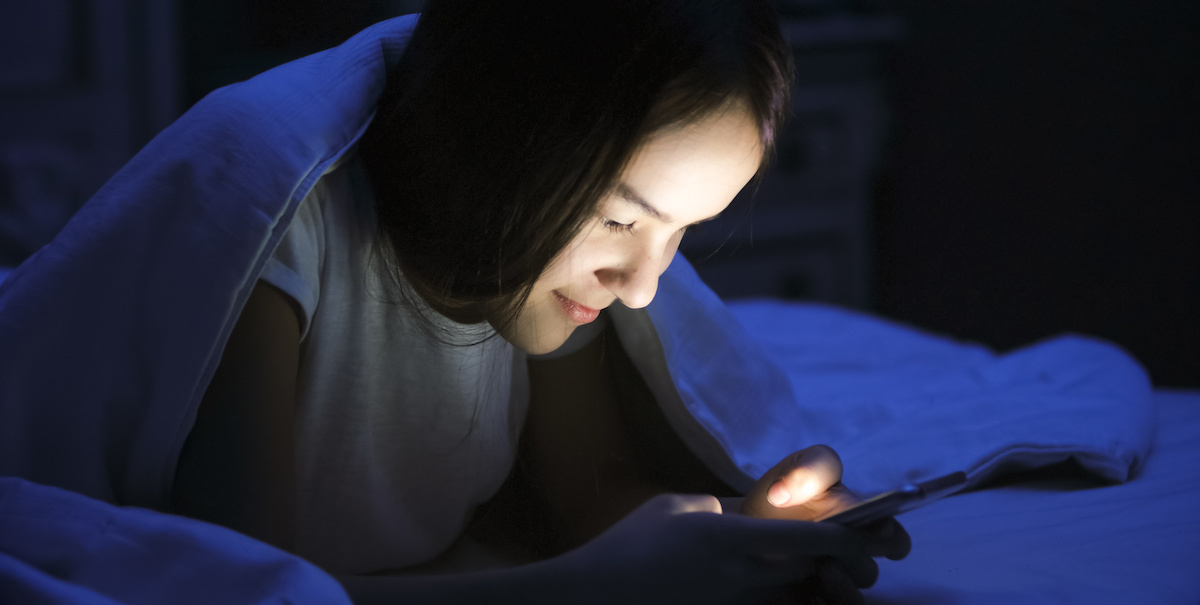
*The following is excerpted from an online article posted on MedicalXpress.
A new study published in the Journal of Adolescent Health found that checking social media often, viewing emotional or violent videos, and starting to use social media at an early age were significantly related to later bedtimes and fewer hours of sleep on school nights for early adolescents. Parental rules restricting mobile phone and online use before bed and obtaining a smartphone at a later age were associated with increased sleep duration and earlier bedtimes.
“Understanding the bedtime habits and online content that negatively affect sleep helps us design more effective interventions for parents and practitioners to encourage healthier social technology use. This study is the first step in that direction,” said the study’s lead author Linda Charmaraman, Ph.D., director of the Youth, Media and Wellbeing Research Lab at the Wellesley Centers for Women (WCW).
As part of the Adolescent Social Media Use, Health, and Parental Monitoring Study, Charmaraman and her co-authors surveyed 772 6-8th grade students from four schools in the Northeast U.S. between February and June 2019. The survey asked questions about social media, internet, and phone use, the content of websites and social media posts, behaviors within one hour of bedtime, bedtime, sleep duration, and phone/screen restrictions put in place by parents.
Researchers found that more frequently engaging in checking social media, problematic internet behaviors, fear of missing out (FoMO), problematic digital technology use, and watching more emotional or violent videos were significantly related to later bedtimes and fewer hours of sleep on a typical school night. Participants who acknowledged losing sleep because they couldn’t quit online activities went to bed later and slept less. Seeing posts related to a thin ideal weight was significantly associated with reduced sleep, and seeing messages related to drugs/drinking was significantly related to later bedtimes. Watching YouTube videos before sleep was related to later bedtimes and reduced sleep; checking social media before bed was related to later bedtimes. Reading books was the only bedtime behavior associated with an earlier bedtime.
Source: MedicalXpress
https://medicalxpress.com/news/2020-11-quantity-content-context-social-media.html

 TikTok Skin-Care Trends May Be Harming Teens
TikTok Skin-Care Trends May Be Harming Teens  What’s Hot? 10/3/25
What’s Hot? 10/3/25  Boosting Teen Self-Esteem and Health Through Leisure Time
Boosting Teen Self-Esteem and Health Through Leisure Time